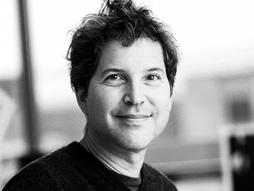Audacity: 8 big, bold ideas for global change unveiled in Session 4 of TED2019
In the program guide for Session 4 of TED2019, “Audacity,” a group of eight mysterious figures stands silhouetted in black. That’s because the speakers in this session were a total surprise — to those in TED audience and to those tuning in via Twitter Live from around the world. These eight speakers all have big, […]
Continue reading
